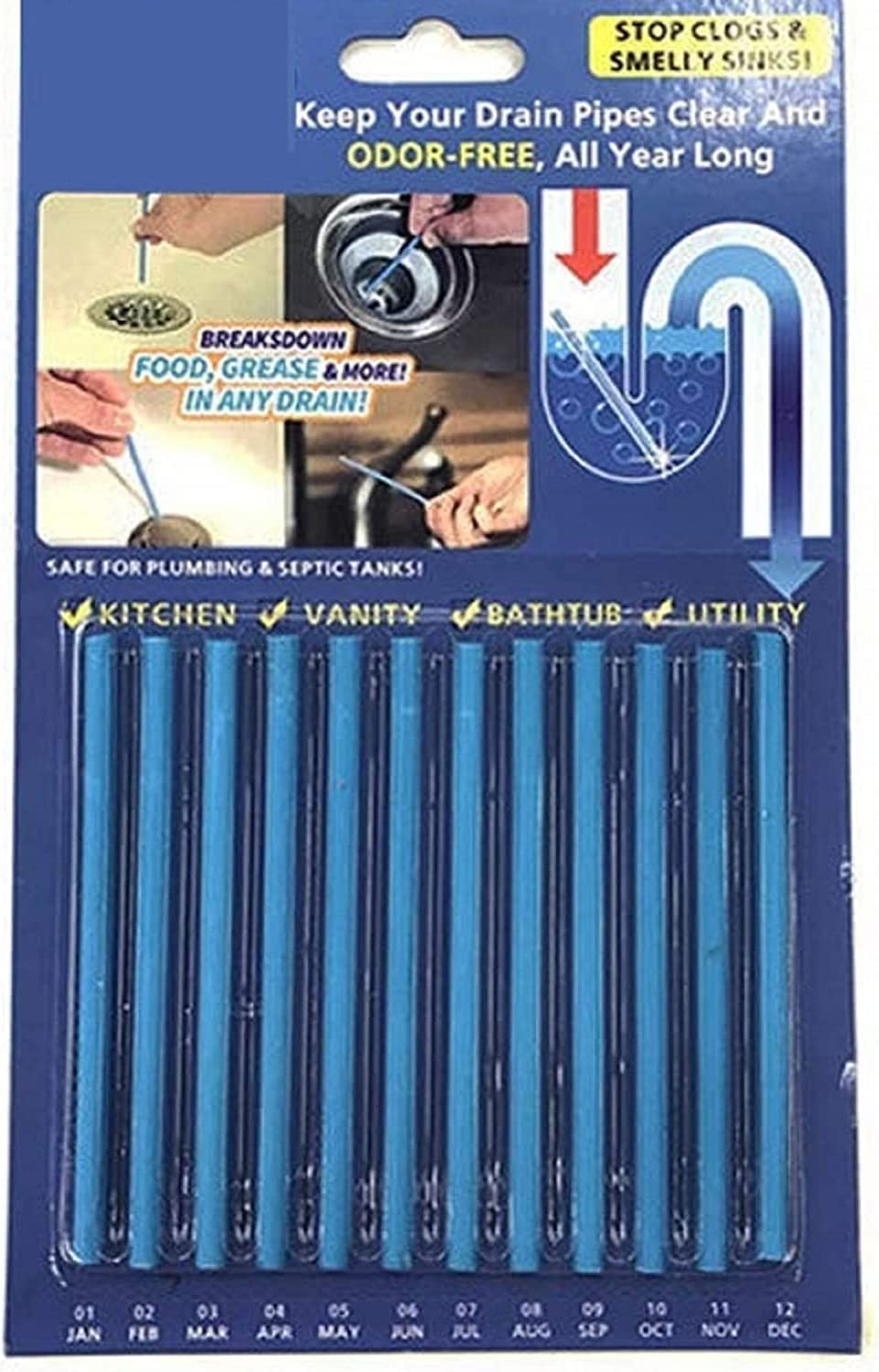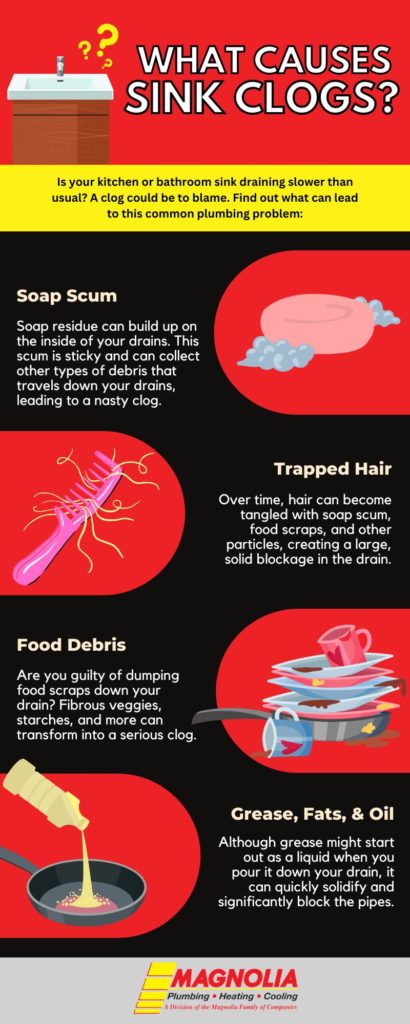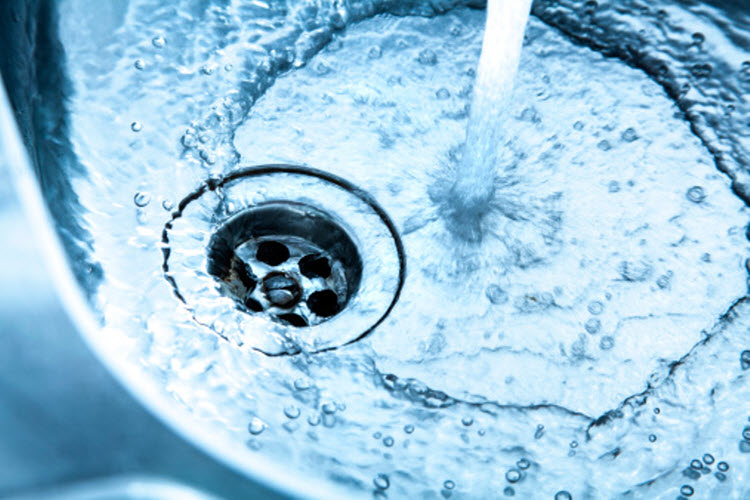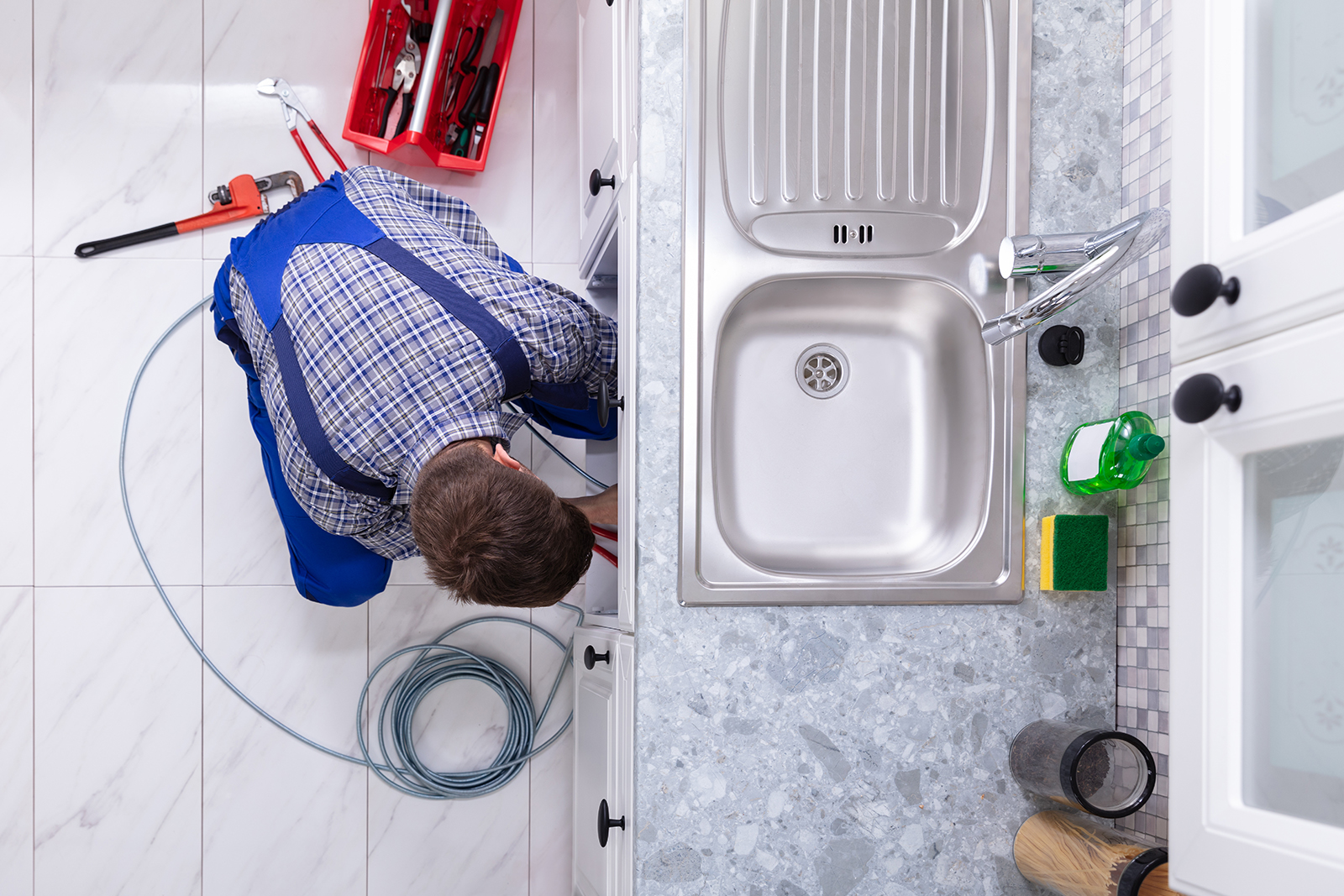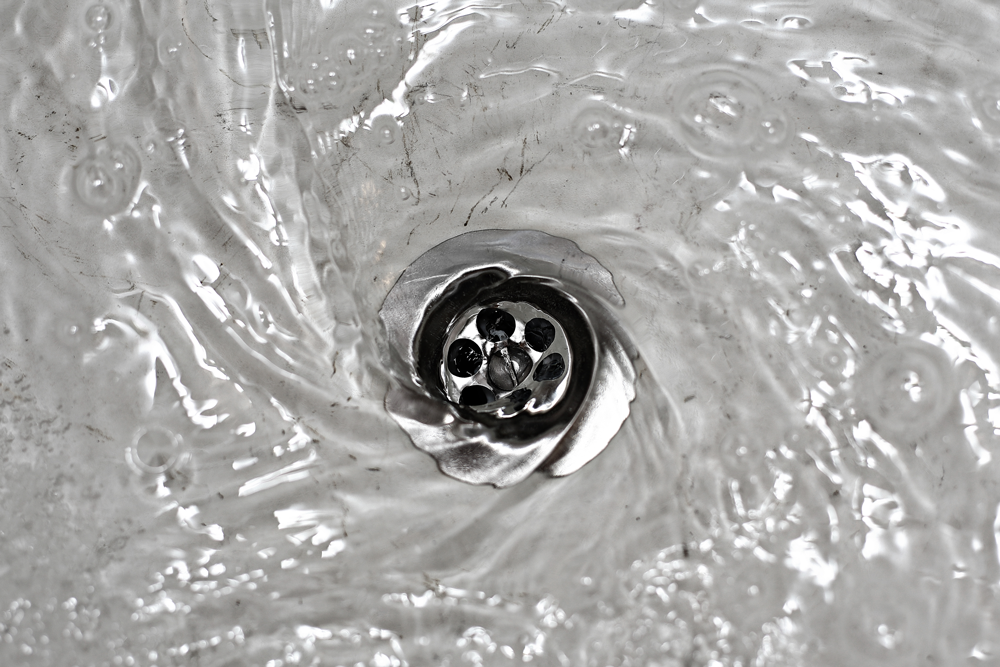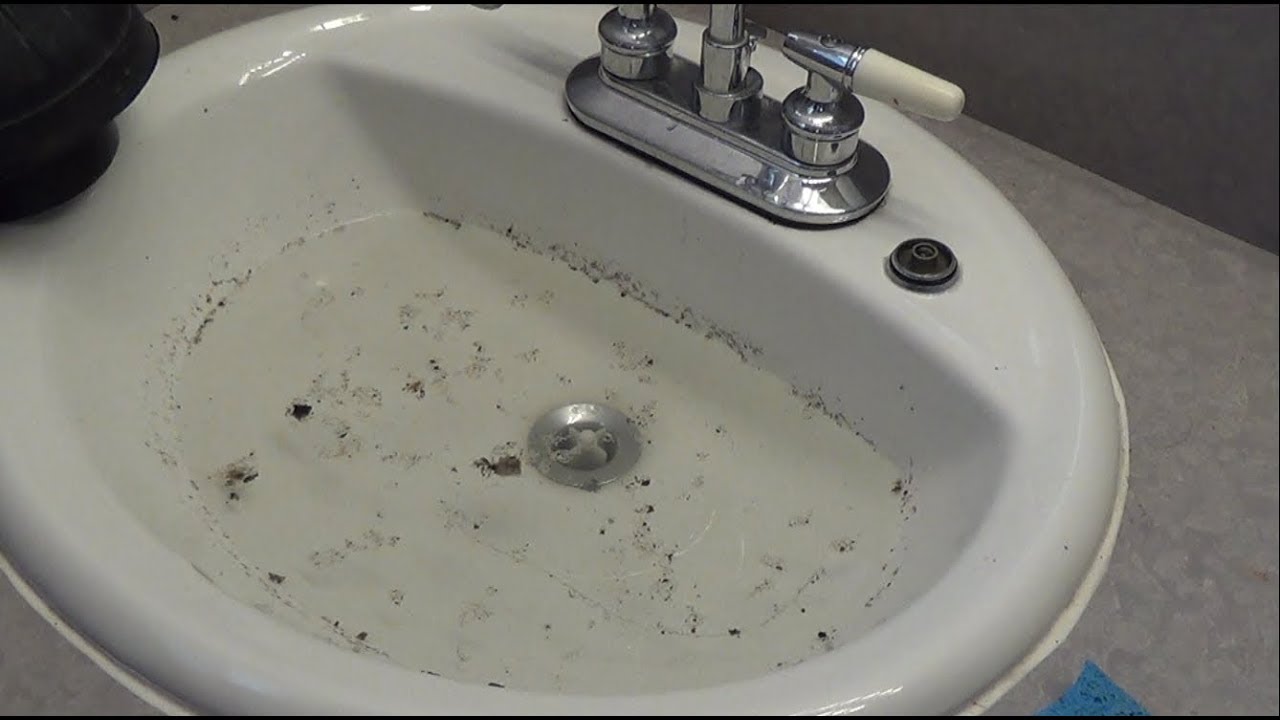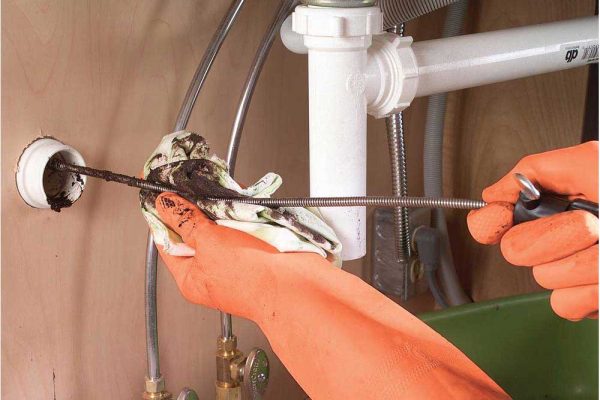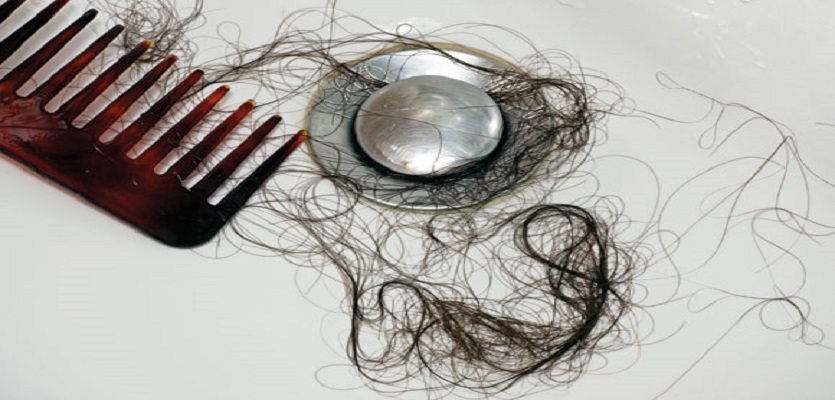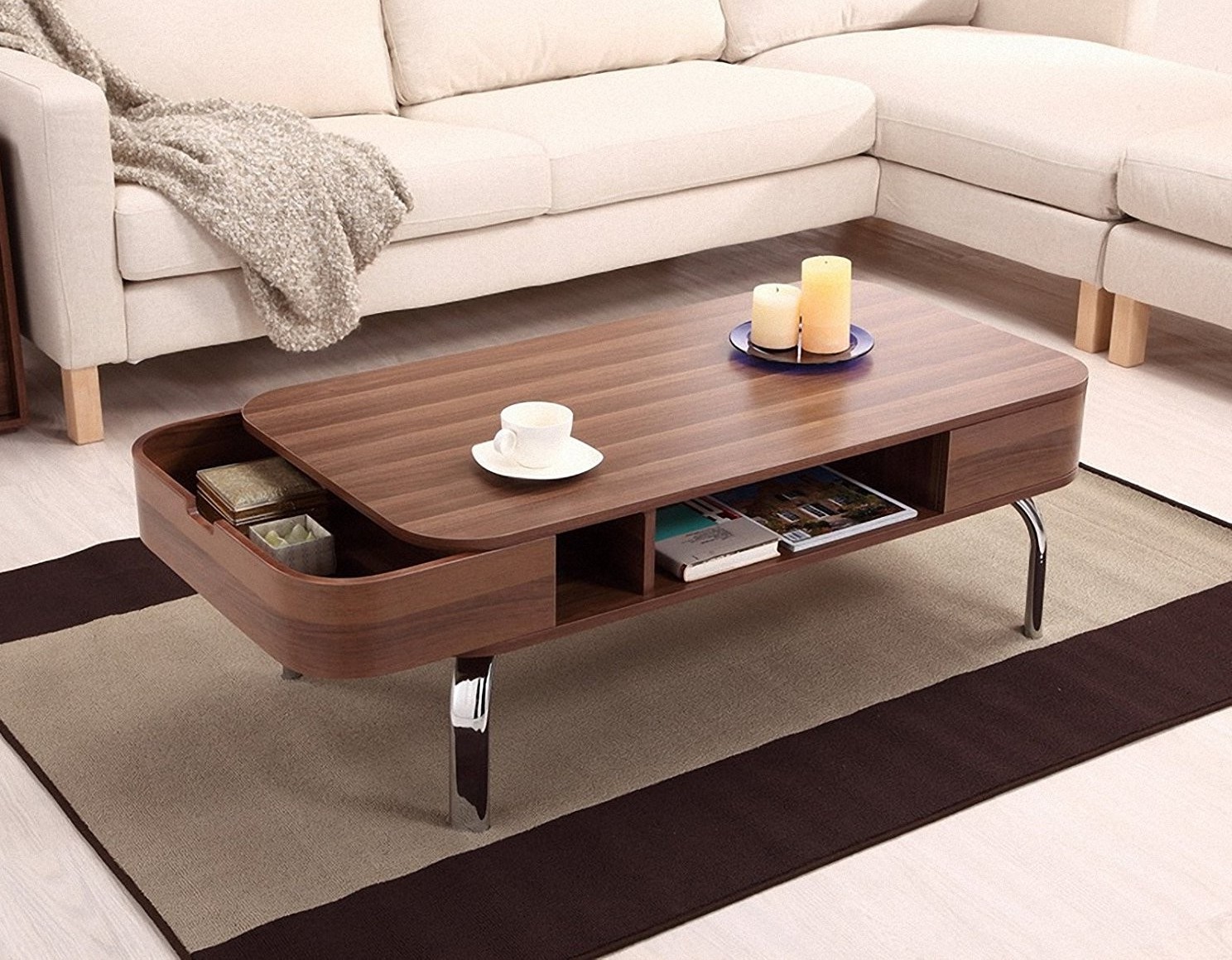If you've ever experienced a clogged bathroom sink, you know how much of a hassle it can be. Not only does it disrupt your daily routine, but it also creates an unsanitary and unpleasant environment. Fortunately, unclogging a bathroom sink drain doesn't have to be a daunting task. With the right tools and methods, you can easily clear out the blockage and restore proper drainage. In this article, we'll discuss the top 10 ways to unclog a bathroom sink drain, from DIY methods to professional plumbing services.Unclogging a Bathroom Sink Drain
Before we dive into the different methods for unclogging a bathroom sink drain, it's important to understand how the clog may have formed in the first place. Hair, soap scum, and toothpaste are some of the most common culprits for clogs in bathroom sink drains. These materials can build up over time, causing a blockage that prevents water from draining properly. Knowing the cause of the clog can help you choose the most effective method for unclogging your sink drain.How to Unclog a Bathroom Sink Drain
If you prefer to handle the clog yourself, there are several DIY methods you can try before calling in a professional. These methods are effective for minor clogs and typically use household items that you may already have on hand. One popular DIY method involves using a combination of baking soda and vinegar to break down the clog. Simply pour half a cup of baking soda into the drain, followed by one cup of vinegar. Let the mixture sit for about 30 minutes before flushing it out with hot water.DIY Methods for Unclogging a Bathroom Sink Drain
Baking soda and vinegar are a powerful combination for unclogging bathroom sink drains. The chemical reaction between the two creates a foaming action that helps to break down the clog and clear the drain. You can also add a few drops of essential oil to the mixture for a fresh scent. If the clog persists, you may need to repeat the process a few times or try a different method.Unclogging a Bathroom Sink Drain with Baking Soda and Vinegar
If the clog is more stubborn, a plunger may be your best bet for unclogging the bathroom sink drain. This method works best if there is standing water in the sink. Simply cover the drain with the plunger and push down firmly, then pull up quickly. The suction created by the plunger can help dislodge the clog and allow water to flow freely again. You may need to repeat this process a few times for it to be effective.Using a Plunger to Unclog a Bathroom Sink Drain
For tougher clogs, you may need to use a chemical drain cleaner. These products contain strong chemicals that can dissolve hair and other materials that may be causing the blockage. However, it's important to use these products with caution, as they can be harmful to your skin and may damage your plumbing if used incorrectly. Make sure to follow the instructions carefully and wear protective gear.Chemical Drain Cleaners for Unclogging a Bathroom Sink Drain
In addition to the above methods, there are also specialized tools that can help unclog a bathroom sink drain. One such tool is a drain snake, which is a long, flexible wire with a hook on one end. You can insert the snake into the drain and use the hook to grab onto the clog and pull it out. Another option is a drain auger, which is a longer and more heavy-duty version of a drain snake. These tools can be effective for removing tougher clogs that are deeper in the drain.Tools for Unclogging a Bathroom Sink Drain
As the saying goes, prevention is better than cure. To avoid future clogs in your bathroom sink drain, there are a few simple steps you can take. First, use a drain cover or strainer to catch any hair or debris before it goes down the drain. You should also avoid pouring grease or oil down the drain, as it can solidify and cause clogs. Regularly cleaning your drain and using a mixture of baking soda and vinegar can also help prevent clogs from forming.Preventing Clogs in a Bathroom Sink Drain
If you're unable to unclog your bathroom sink drain using DIY methods, it may be time to call in the professionals. A licensed plumber will have the expertise and tools necessary to effectively clear out tough clogs and ensure proper drainage. They can also inspect your plumbing system for any underlying issues that may be contributing to frequent clogs and provide solutions for preventing them in the future.Professional Plumbing Services for Unclogging a Bathroom Sink Drain
To avoid future clogs in your bathroom sink drain, it's important to understand the common causes. As mentioned earlier, hair, soap scum, and toothpaste are some of the most common culprits. However, other materials such as dental floss, cotton swabs, and even small toys can also contribute to clogs. To minimize the risk of clogs, make sure to properly dispose of these items and regularly clean your drain.Common Causes of Clogs in Bathroom Sink Drains
Unclogging Your Bathroom Sink Drain: Tips and Tricks

Why is Your Bathroom Sink Clogged?
 Your bathroom sink is an essential part of your daily routine, so it can be incredibly frustrating when it becomes clogged. Clogs can occur for a variety of reasons, from a buildup of hair and soap scum to foreign objects that have found their way into the drain. Whatever the cause may be, a clogged bathroom sink drain is a common household problem that can be easily remedied with the right tools and techniques.
Your bathroom sink is an essential part of your daily routine, so it can be incredibly frustrating when it becomes clogged. Clogs can occur for a variety of reasons, from a buildup of hair and soap scum to foreign objects that have found their way into the drain. Whatever the cause may be, a clogged bathroom sink drain is a common household problem that can be easily remedied with the right tools and techniques.
Tools You Will Need
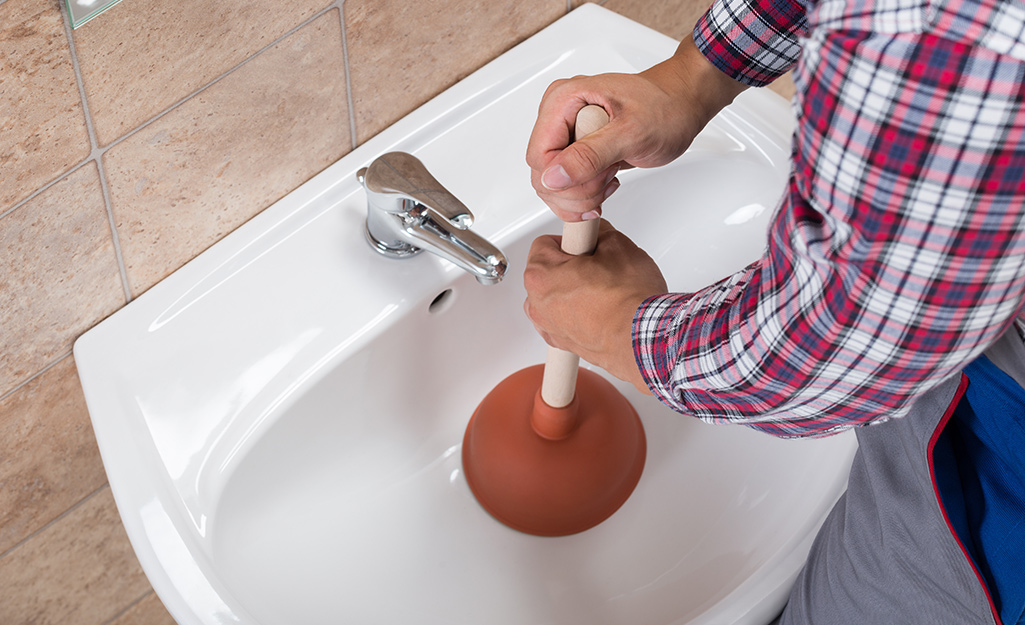 Before attempting to unclog your bathroom sink drain, it is important to gather the necessary tools. You will need a plunger, a pair of rubber gloves, a drain snake, and a bucket. It is also helpful to have some baking soda, vinegar, and hot water on hand.
Before attempting to unclog your bathroom sink drain, it is important to gather the necessary tools. You will need a plunger, a pair of rubber gloves, a drain snake, and a bucket. It is also helpful to have some baking soda, vinegar, and hot water on hand.
Plunge Away
 The first step in unclogging your bathroom sink drain is to try plunging it. Cover the overflow hole with a wet cloth or duct tape to create a seal and then use the plunger to create suction. This will help to loosen any blockages and allow water to flow through the drain more easily. Remember to plunge gently and periodically check to see if the water is draining properly.
The first step in unclogging your bathroom sink drain is to try plunging it. Cover the overflow hole with a wet cloth or duct tape to create a seal and then use the plunger to create suction. This will help to loosen any blockages and allow water to flow through the drain more easily. Remember to plunge gently and periodically check to see if the water is draining properly.
Use a Drain Snake
 If plunging does not do the trick, a drain snake can be a useful tool to remove any stubborn clogs. Insert the snake into the drain and turn it clockwise to grab onto any debris. Once you feel resistance, pull the snake out and dispose of any debris that may have been caught. Repeat this process until the drain is clear.
If plunging does not do the trick, a drain snake can be a useful tool to remove any stubborn clogs. Insert the snake into the drain and turn it clockwise to grab onto any debris. Once you feel resistance, pull the snake out and dispose of any debris that may have been caught. Repeat this process until the drain is clear.
Try a Natural Solution
 If you prefer a more natural approach, you can try using a mixture of baking soda and vinegar to break up and dissolve any clogs. Pour half a cup of baking soda down the drain, followed by half a cup of vinegar. Let the mixture sit for about an hour, and then flush it out with hot water.
If you prefer a more natural approach, you can try using a mixture of baking soda and vinegar to break up and dissolve any clogs. Pour half a cup of baking soda down the drain, followed by half a cup of vinegar. Let the mixture sit for about an hour, and then flush it out with hot water.
Preventing Future Clogs
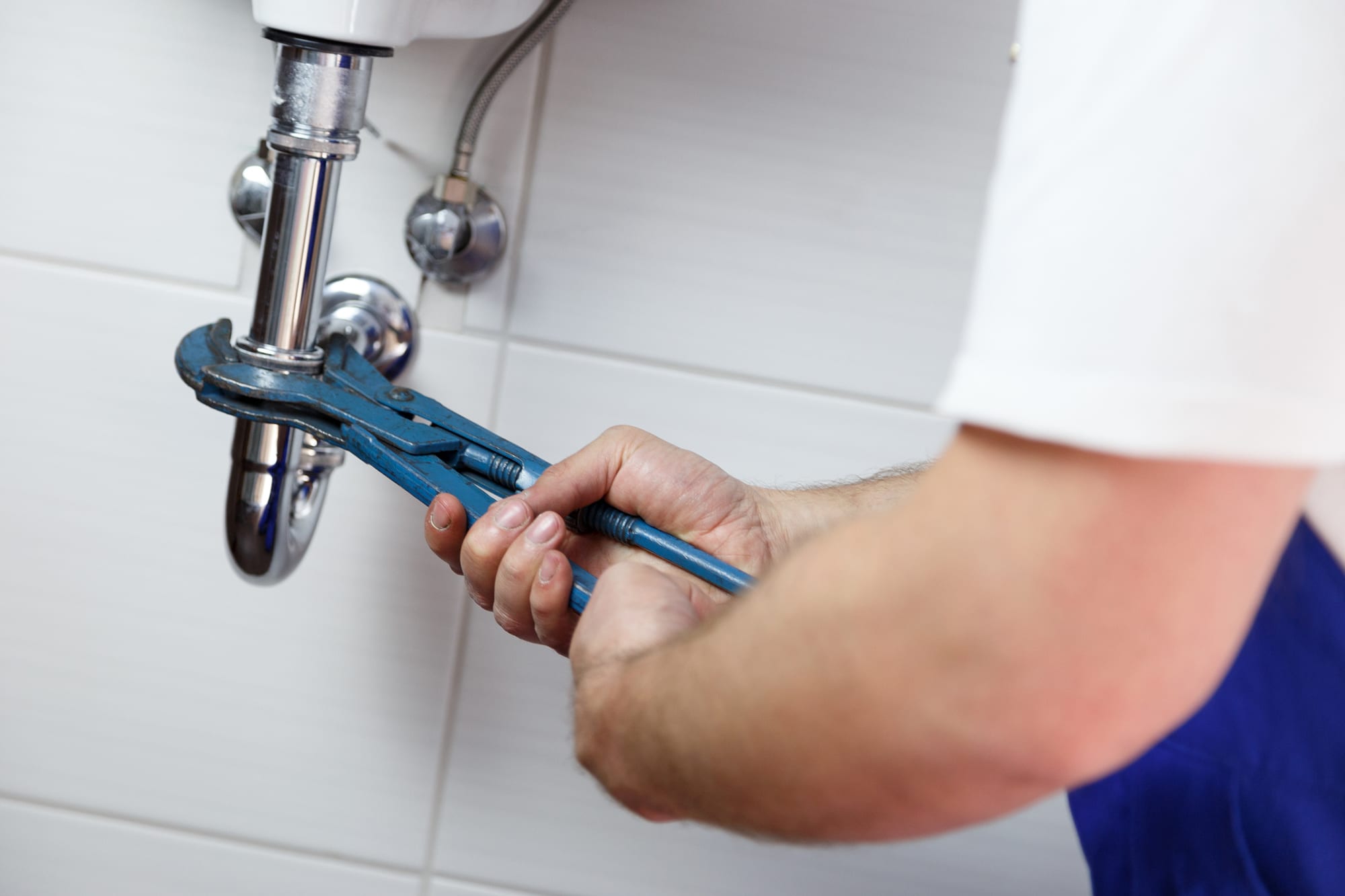 Now that your bathroom sink drain is unclogged, it is important to take preventative measures to avoid future clogs. Install a drain cover to catch any hair or debris before it goes down the drain. Regularly clean your drain with baking soda and vinegar to prevent buildup. And remember to never pour grease or oil down the drain, as these can solidify and cause clogs.
Now that your bathroom sink drain is unclogged, it is important to take preventative measures to avoid future clogs. Install a drain cover to catch any hair or debris before it goes down the drain. Regularly clean your drain with baking soda and vinegar to prevent buildup. And remember to never pour grease or oil down the drain, as these can solidify and cause clogs.
In Conclusion
 A clogged bathroom sink drain can be a nuisance, but with the right tools and techniques, it can be easily unclogged. By following these tips and taking preventative measures, you can keep your bathroom sink drain running smoothly and avoid any future plumbing problems. Remember to always use caution and, if necessary, seek the help of a professional plumber for more severe clogs.
A clogged bathroom sink drain can be a nuisance, but with the right tools and techniques, it can be easily unclogged. By following these tips and taking preventative measures, you can keep your bathroom sink drain running smoothly and avoid any future plumbing problems. Remember to always use caution and, if necessary, seek the help of a professional plumber for more severe clogs.









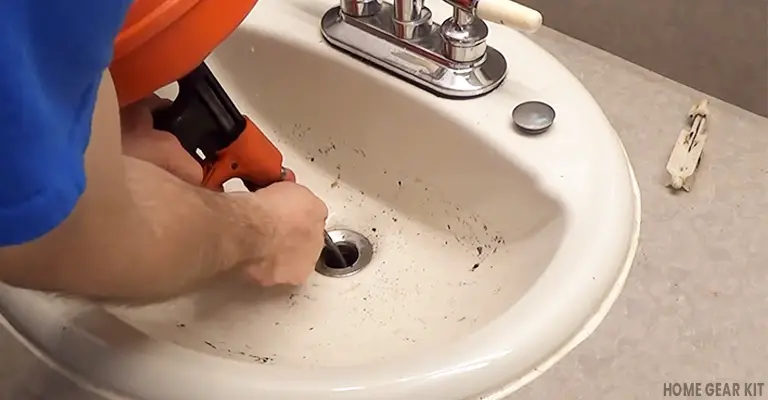




:max_bytes(150000):strip_icc()/freshen-and-unclog-drain-with-baking-soda-1900466-22-bbf940b70afa4d5abef0c54da23b1d3f.jpg)




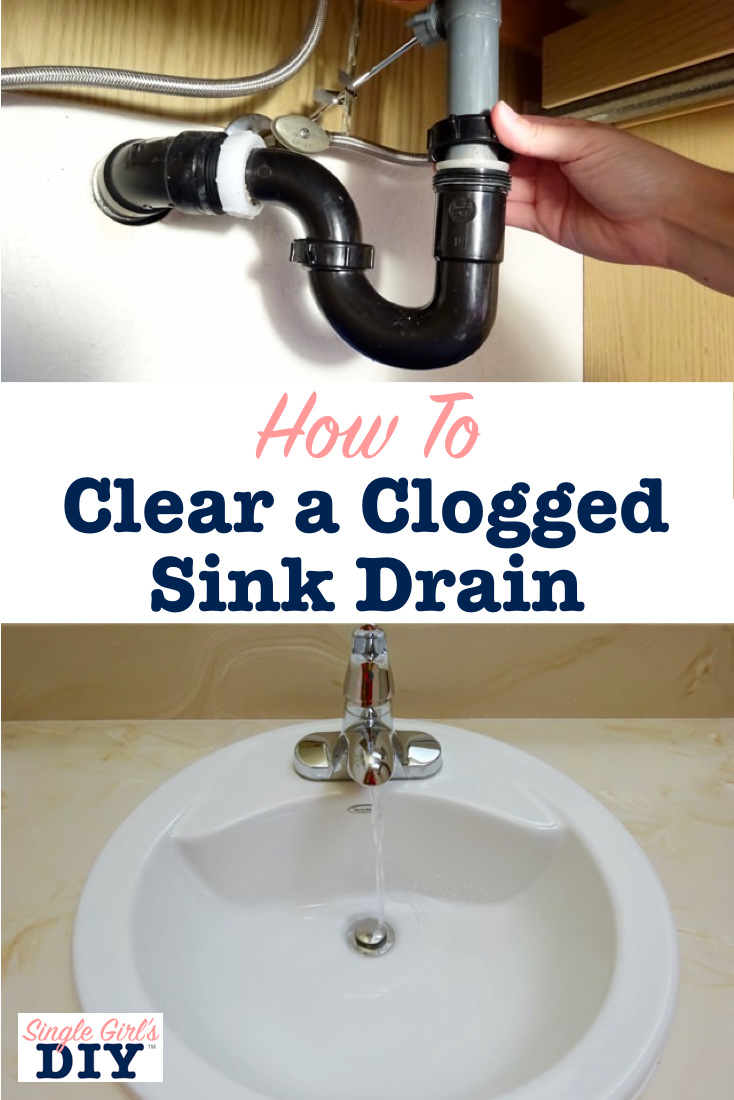

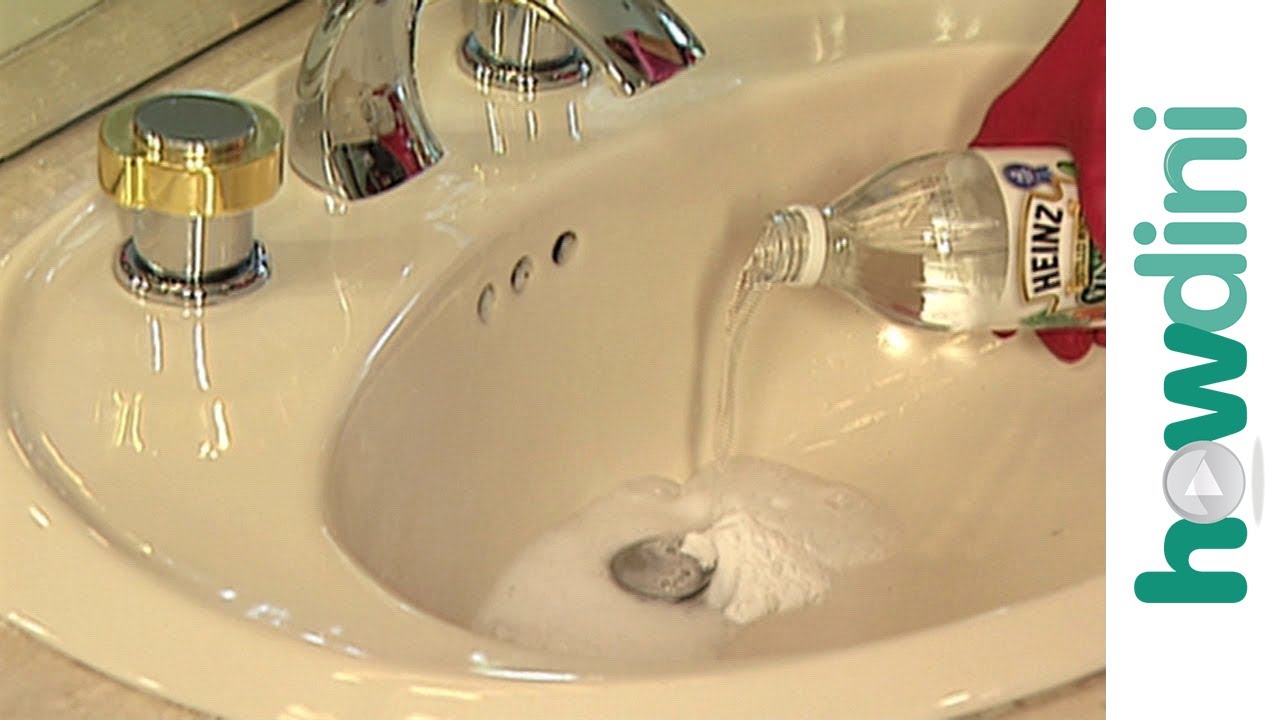

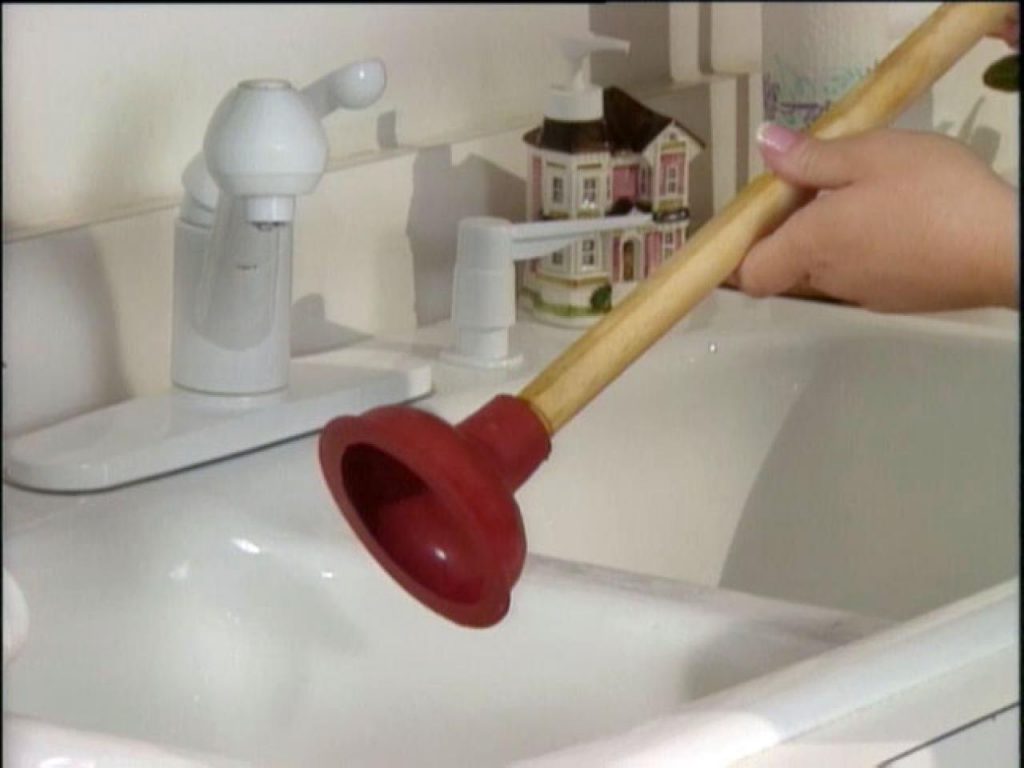



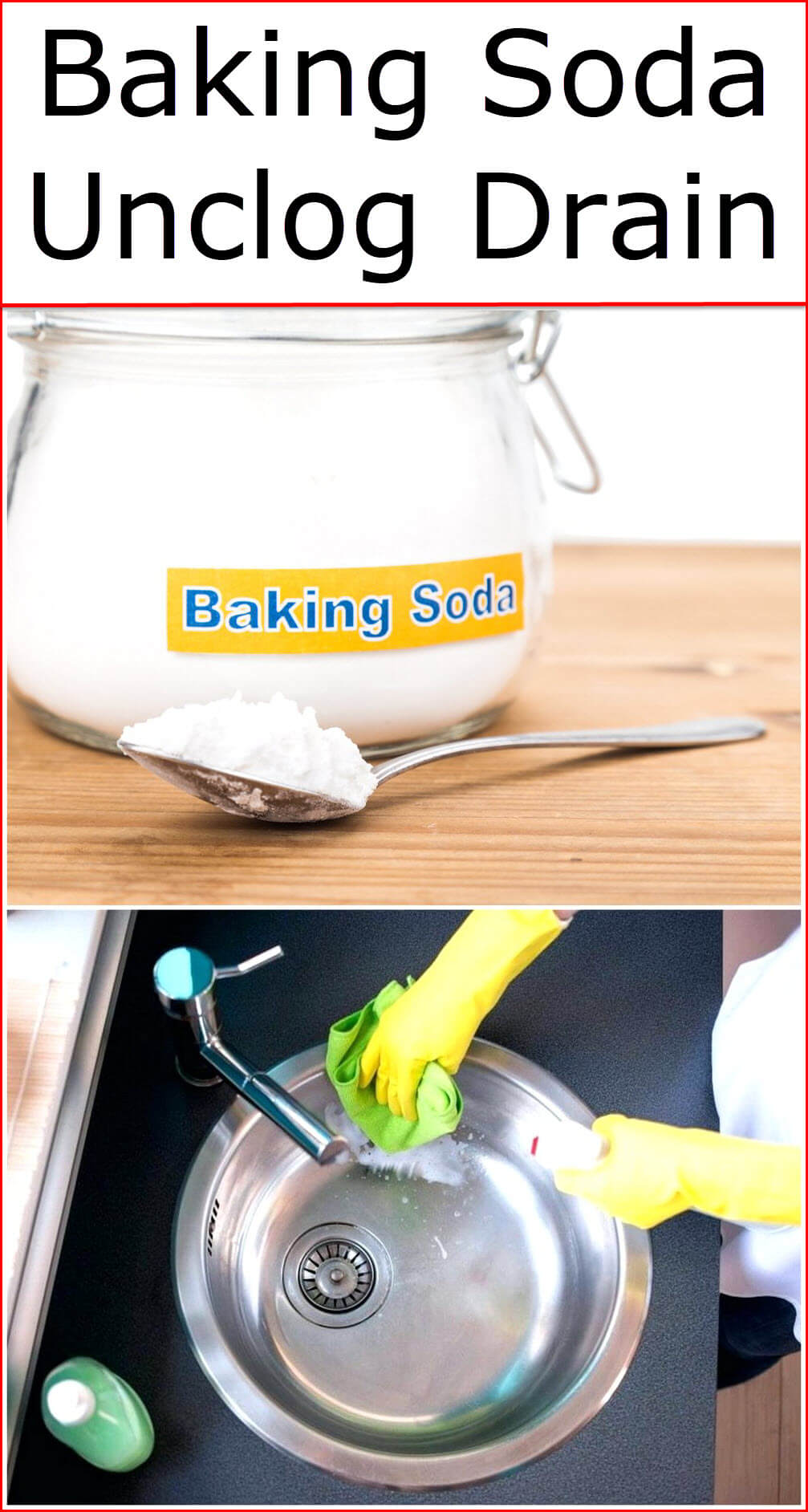


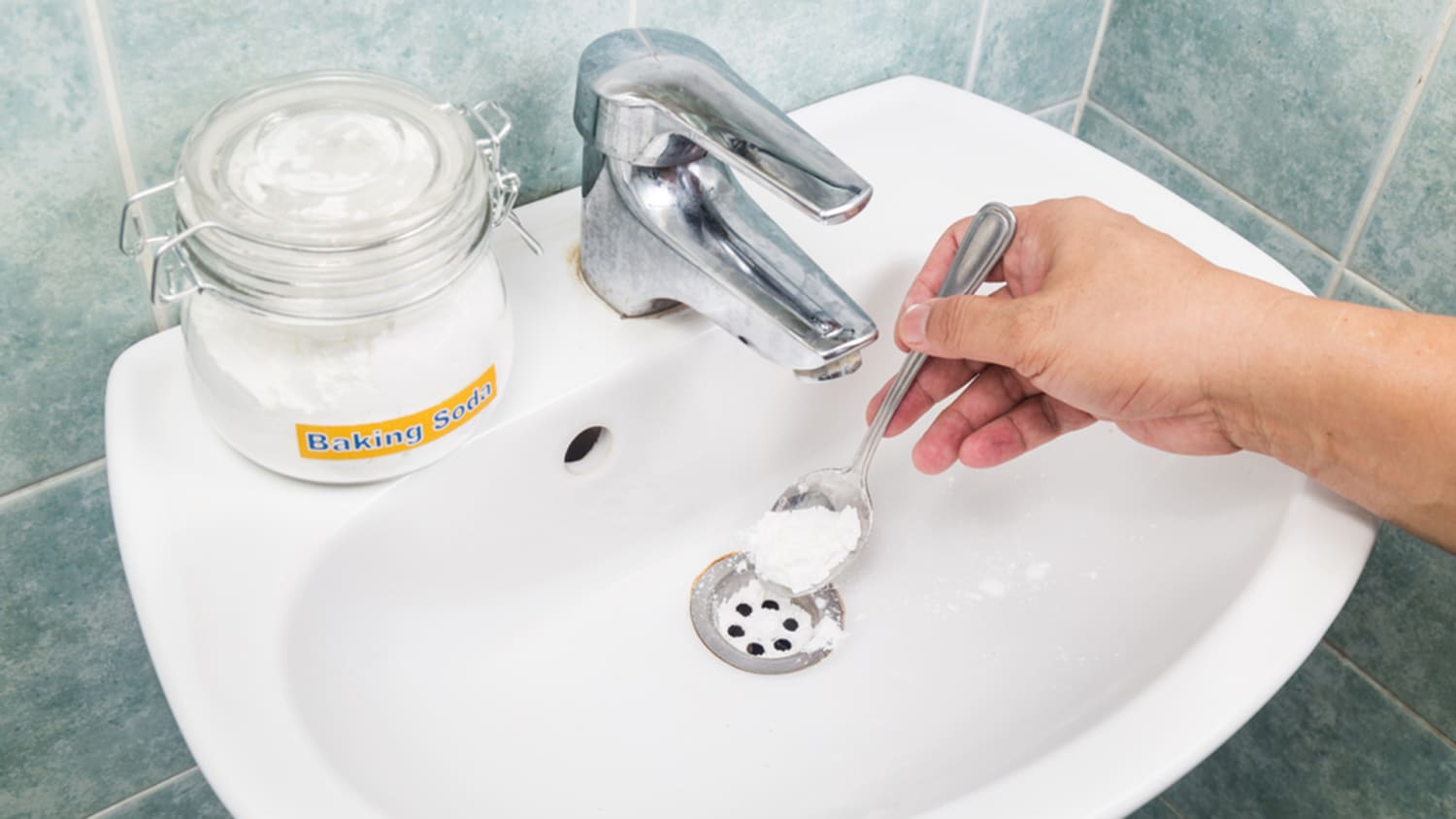
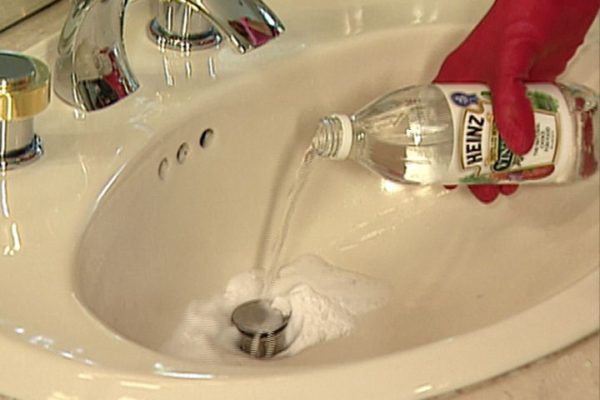
:max_bytes(150000):strip_icc()/freshen-and-unclog-drain-with-baking-soda-1900466-18-1a5b5da01939471ca8f8823865bd1ce8.jpg)



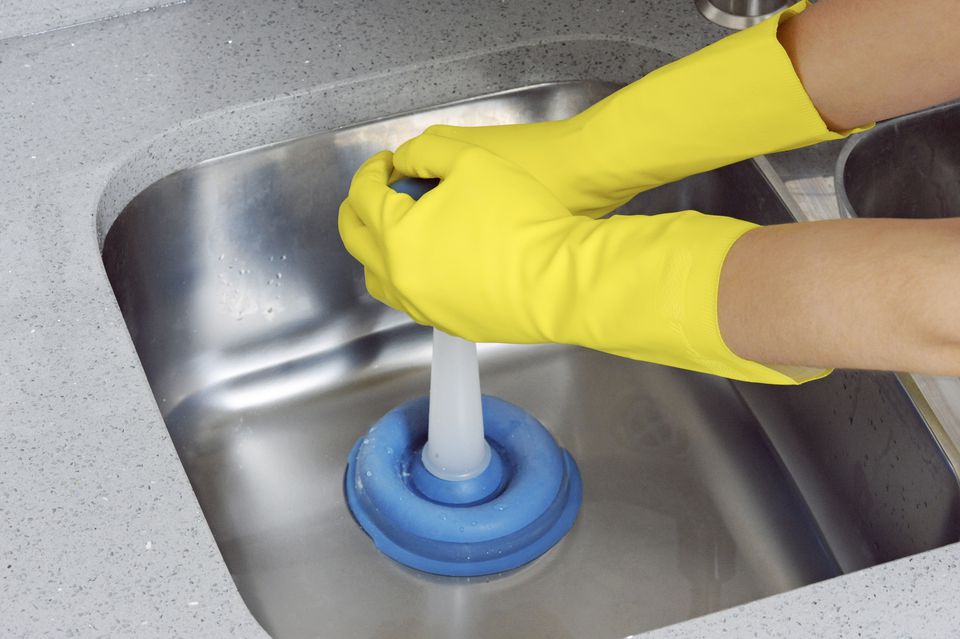




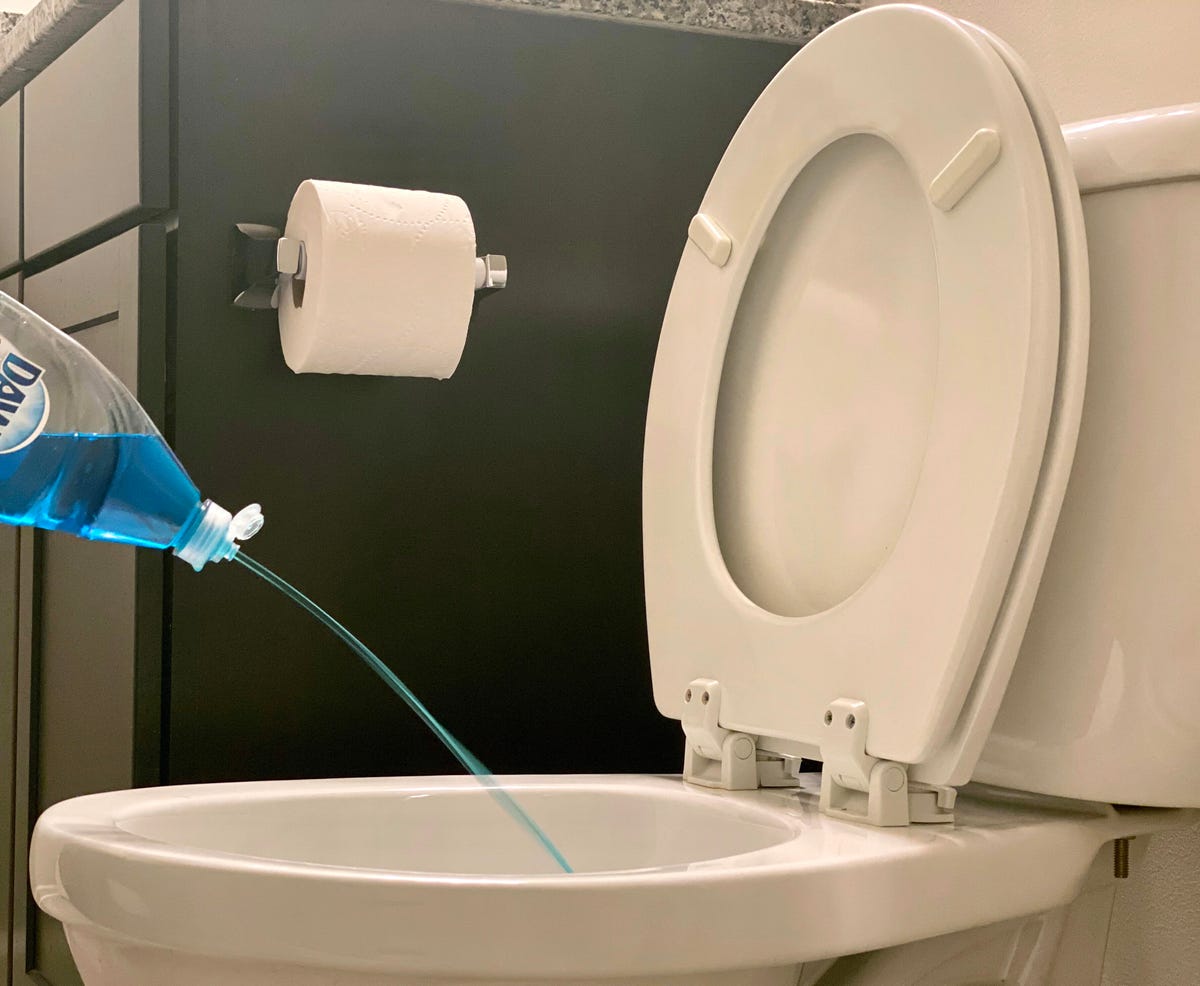
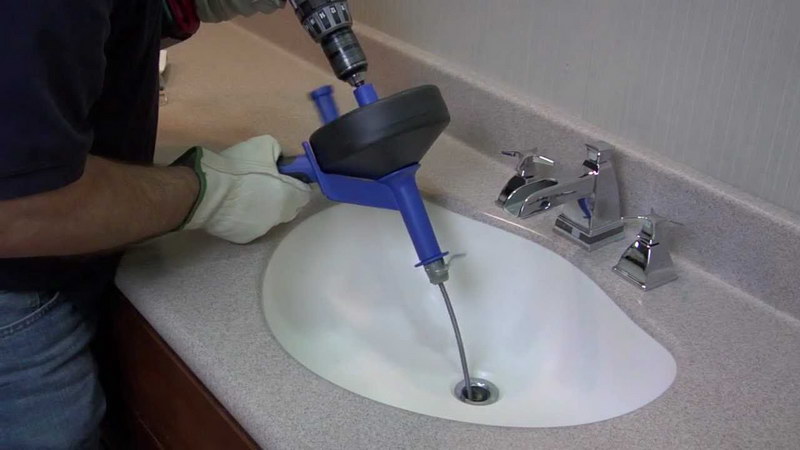





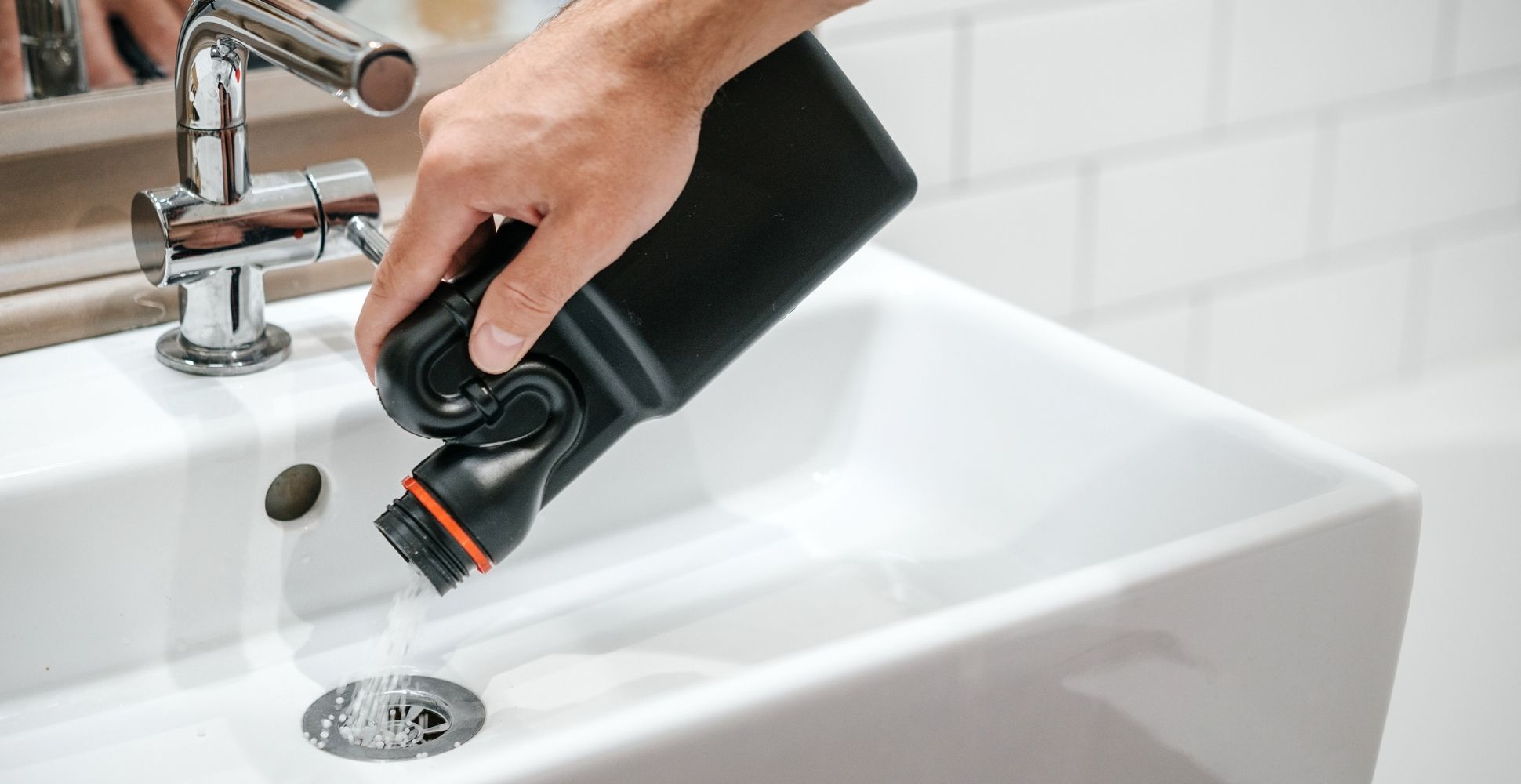
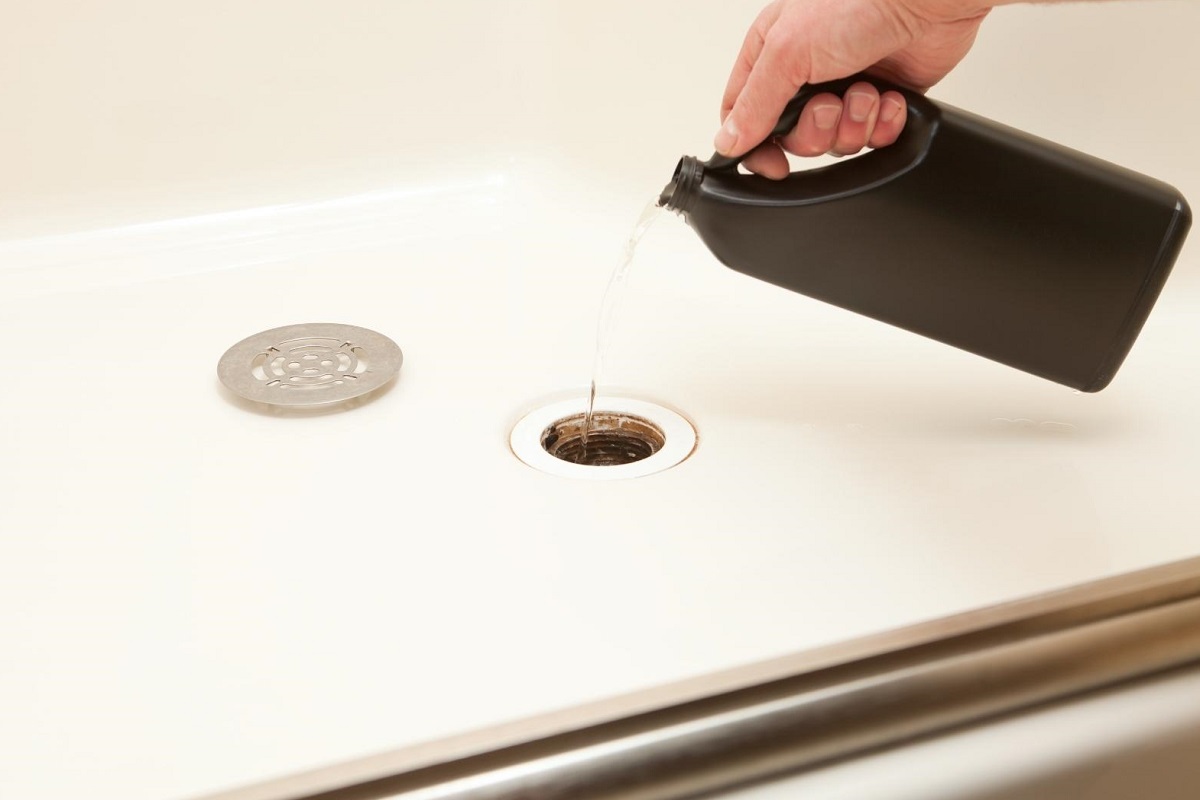


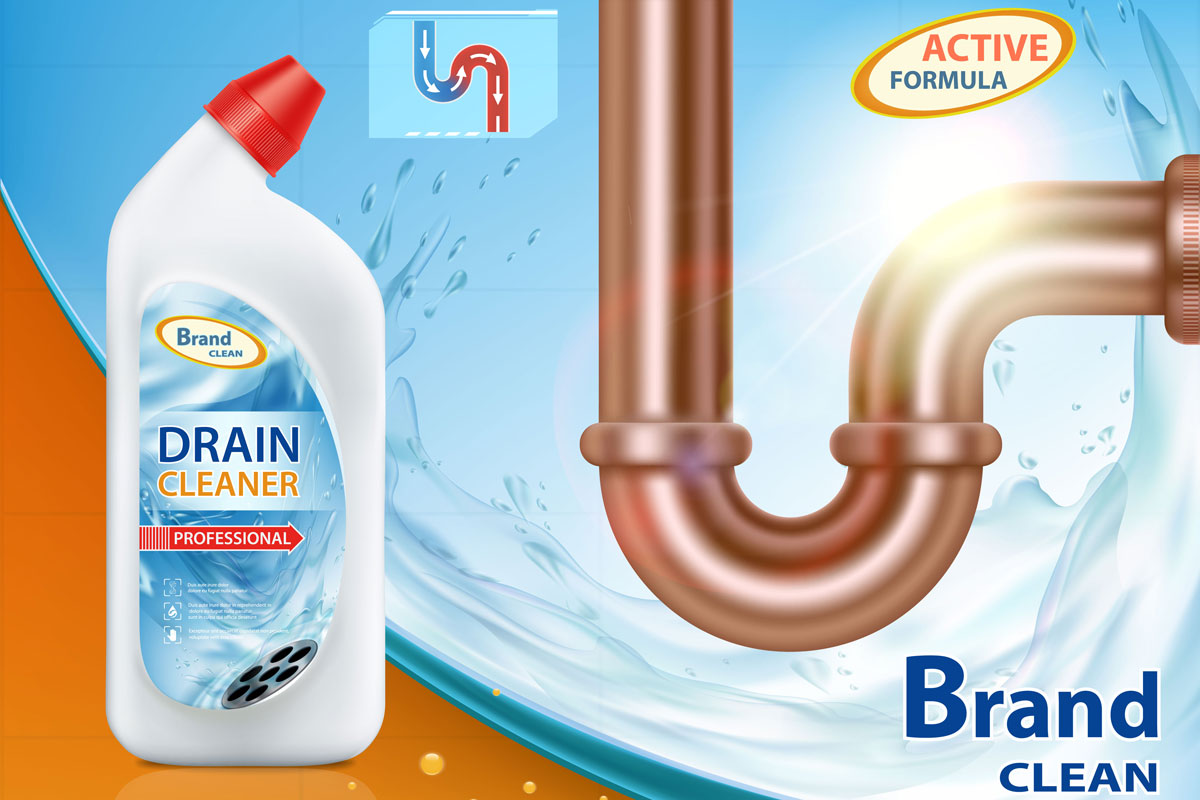
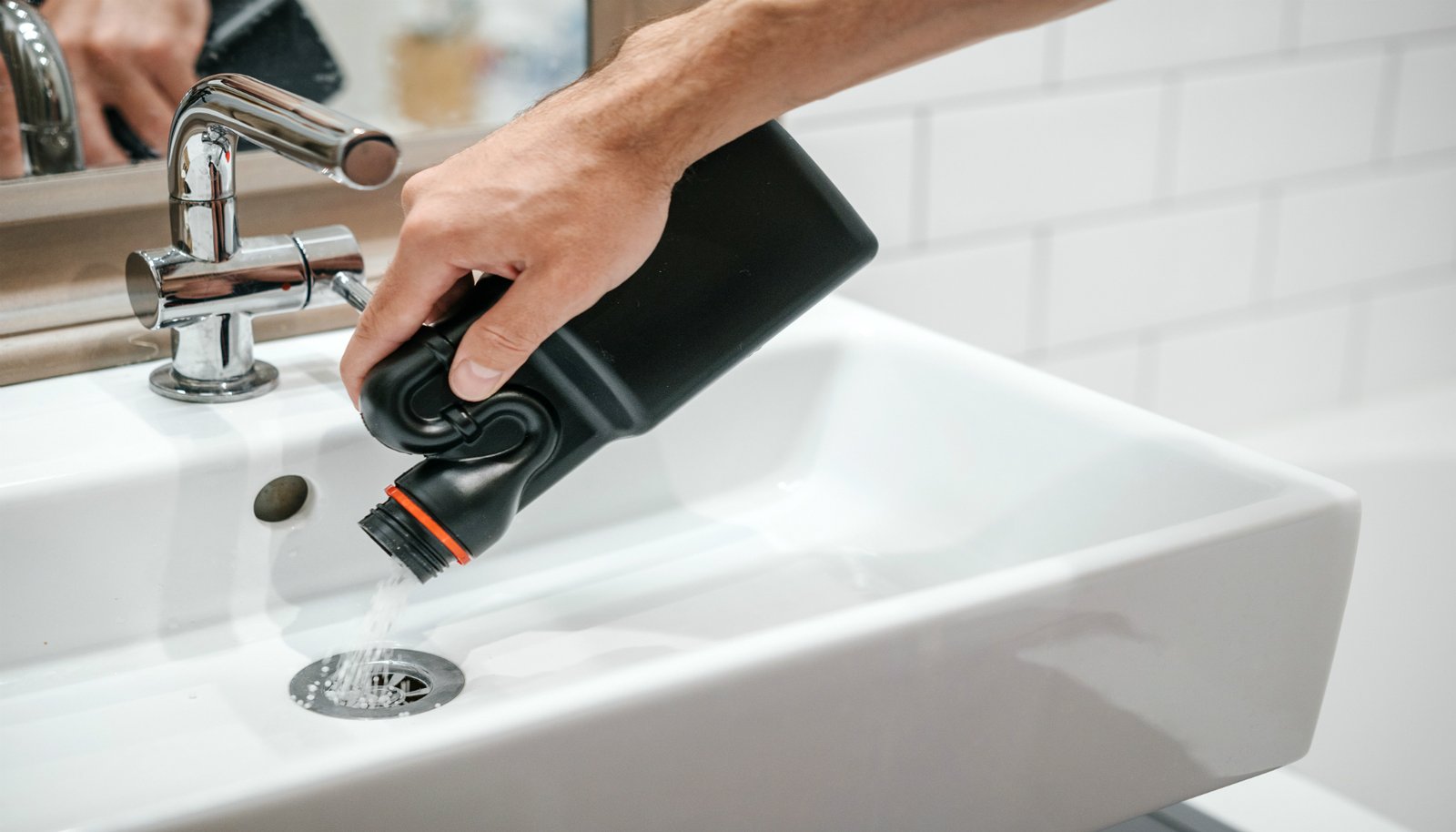

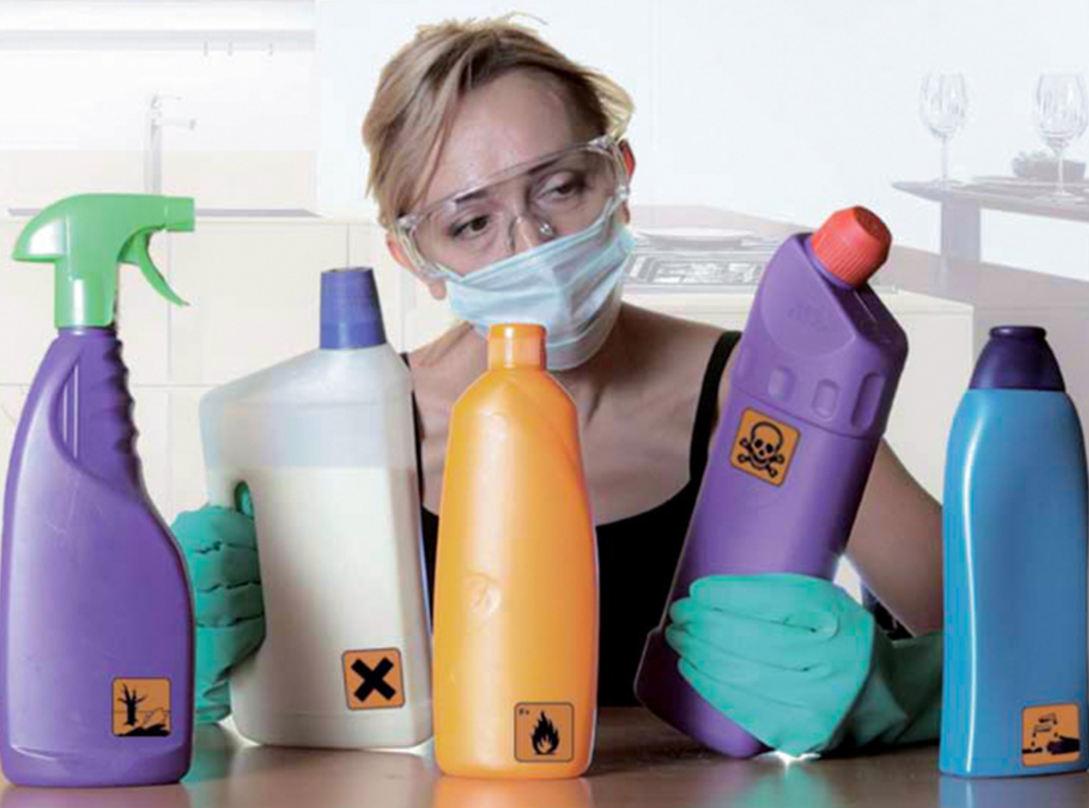



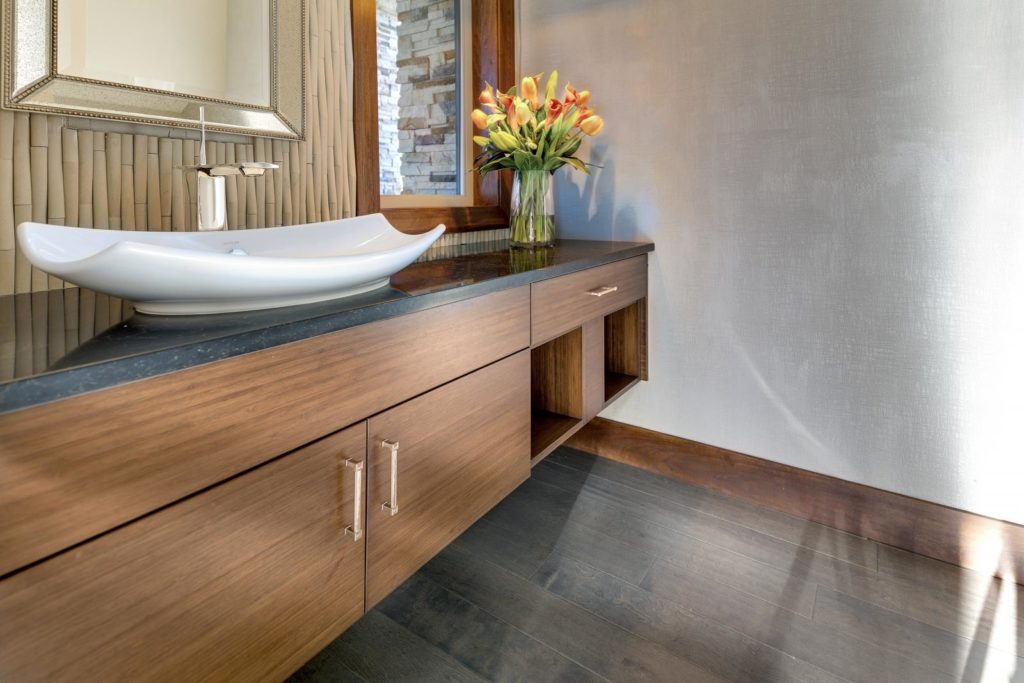

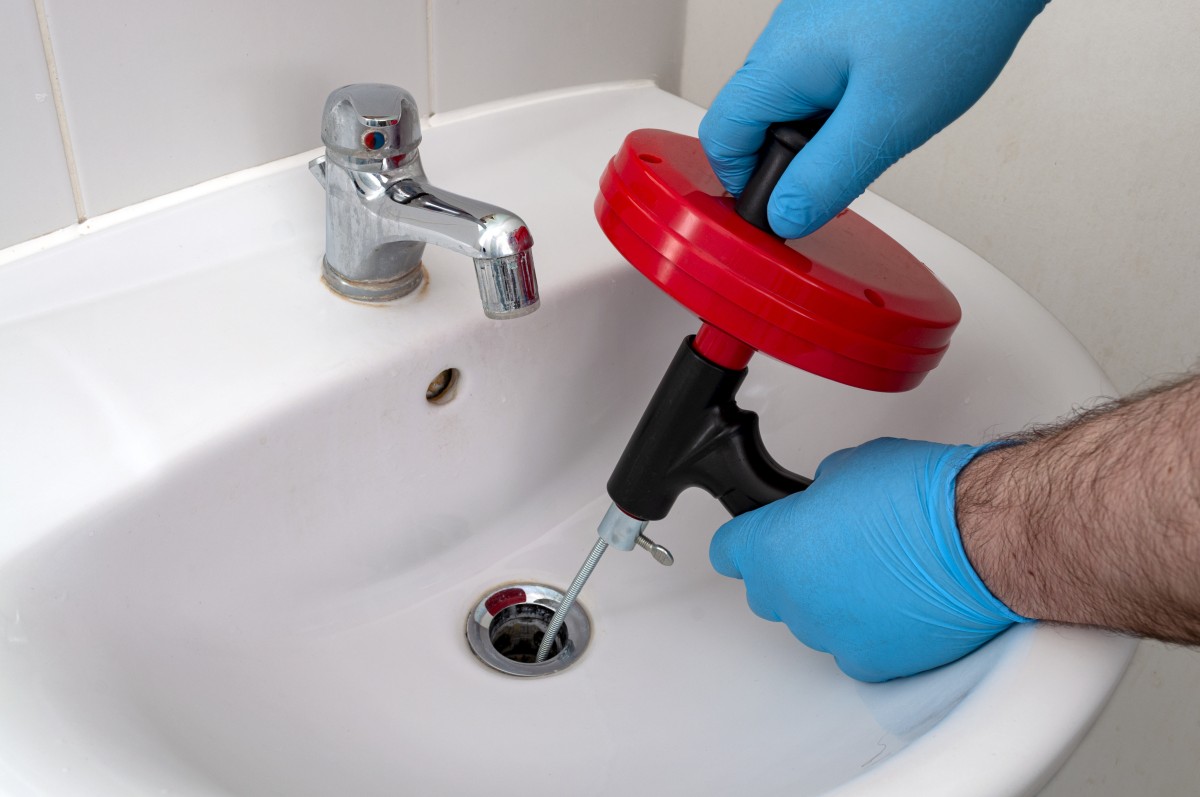
:max_bytes(150000):strip_icc()/freshen-and-unclog-drain-with-baking-soda-1900466-17-20179d73b7a2455797ebc6a5f5bf7479.jpg)

